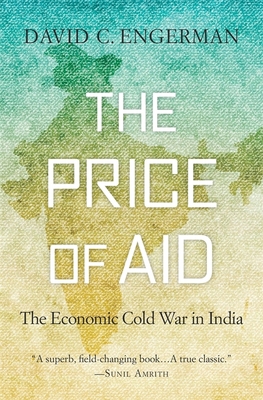Expedite your nonfiction book discovery process with Readara interviews, summaries and recommendations, Broaden your knowledge and gain insights from leading experts and scholars
In-depth, hour-long interviews with notable nonfiction authors, Gain new perspectives and ideas from the writer’s expertise and research, Valuable resource for readers and researchers
Optimize your book discovery process, Four-to eight-page summaries prepared by subject matter experts, Quickly review the book’s central messages and range of content
Books are handpicked covering a wide range of important categories and topics, Selected authors are subject experts, field professionals, or distinguished academics
Our editorial team includes books offering insights, unique views and researched-narratives in categories, Trade shows and book fairs, Book signings and in person author talks,Webinars and online events
Connect with editors and designers,Discover PR & marketing services providers, Source printers and related service providers

The Price of Aid: The Economic Cold War in India
History > Asia - India & South Asia
- Harvard University Press
- Paperback
- 9780674241671
- 8.9 X 5.7 X 1.2 inches
- 1.5 pounds
- History > Asia - India & South Asia
- (Single Author) Asian American
- English
Readara.com
Book Description
A superb, field-changing book...A true classic.
--Sunil Amrith
Makes a major contribution towards a necessary discussion of the politics of aid.
--Times Higher Education
Debates over foreign aid are often strangely ahistorical. Economists argue about effectiveness--how to make aid work--while critics bemoan money wasted on corruption, ignoring the fundamentally political character of aid. The Price of Aid exposes the geopolitical calculus underpinning development assistance, and its costs.
India stood at the center of American and Soviet aid competition throughout the Cold War, as both superpowers saw developmental aid as a way of pursuing their geopolitical goals by economic means. Drawing on recently declassified files from seven countries, David Engerman shows how Indian leaders used Cold War competition to win battles at home, eroding the Indian state in the process. As China spends freely in Africa, the political stakes of foreign aid are rising once again.
A magnificent book. Anyone who seeks to understand contemporary India and its development struggles will have to start here. Engerman's work is not only enlightening, it turns much of what we thought we knew about India, foreign aid, and the Cold War in South Asia upside down.
--O. A. Westad, author of The Cold War
An outstanding history...Drawing on an unprecedented array of official and private archives in India, Russia, the United States, and Britain, Engerman offers a superb account--one that integrates the ideologies and policies of the superpowers with a sharp analysis of the push-and-pull of policymaking in India. This is a landmark study of independent India as well as the Cold War.
--Srinath Raghavan, author of India's War
Author Bio
David C. Engerman is a scholar of twentieth-century international history.
Building on his dual training in American and Russian/Soviet history at the University of California-Berkeley (where he received his Ph.D. in 1998), he wrote two books on the place of Russia and the USSR in American intellectual and political life: Modernization from the Other Shore: American Intellectuals and the Romance of Russian Development (Harvard UP, 2003) and Know Your Enemy: The Rise and Fall of America’s Soviet Experts (Oxford UP, 2009).
He has also researched and written on a variety of topics related to the history of development assistance, including a co-edited volume, Staging Growth: Modernization, Development and the Global Cold War (U-Mass Press, 2003), and most recently a monograph, The Price of Aid: The Economic Cold War in India (Harvard UP, 2018).
This research was also the topic of his presidential address for the Society for Historians of American Foreign Relations in 2016. Research for The Price of Aid was supported by grants and fellowships from the American Council of Learned Societies, the American Institute of Indian Studies, the American Philosophical Society, the Guggenheim Foundation, the Kennan Institute for Advanced Russian Studies, the National Council for Eurasian and East European Studies, the National Endowment for the Humanities, and the Eisenhower, Johnson and Truman presidential libraries.
Engerman joins the faculty at Yale after nineteen years at Brandeis University. His new research focuses on the geopolitics of international economic inequality in the second half of the twentieth century.
Source: Yale University
Community reviews
No Community reviews




